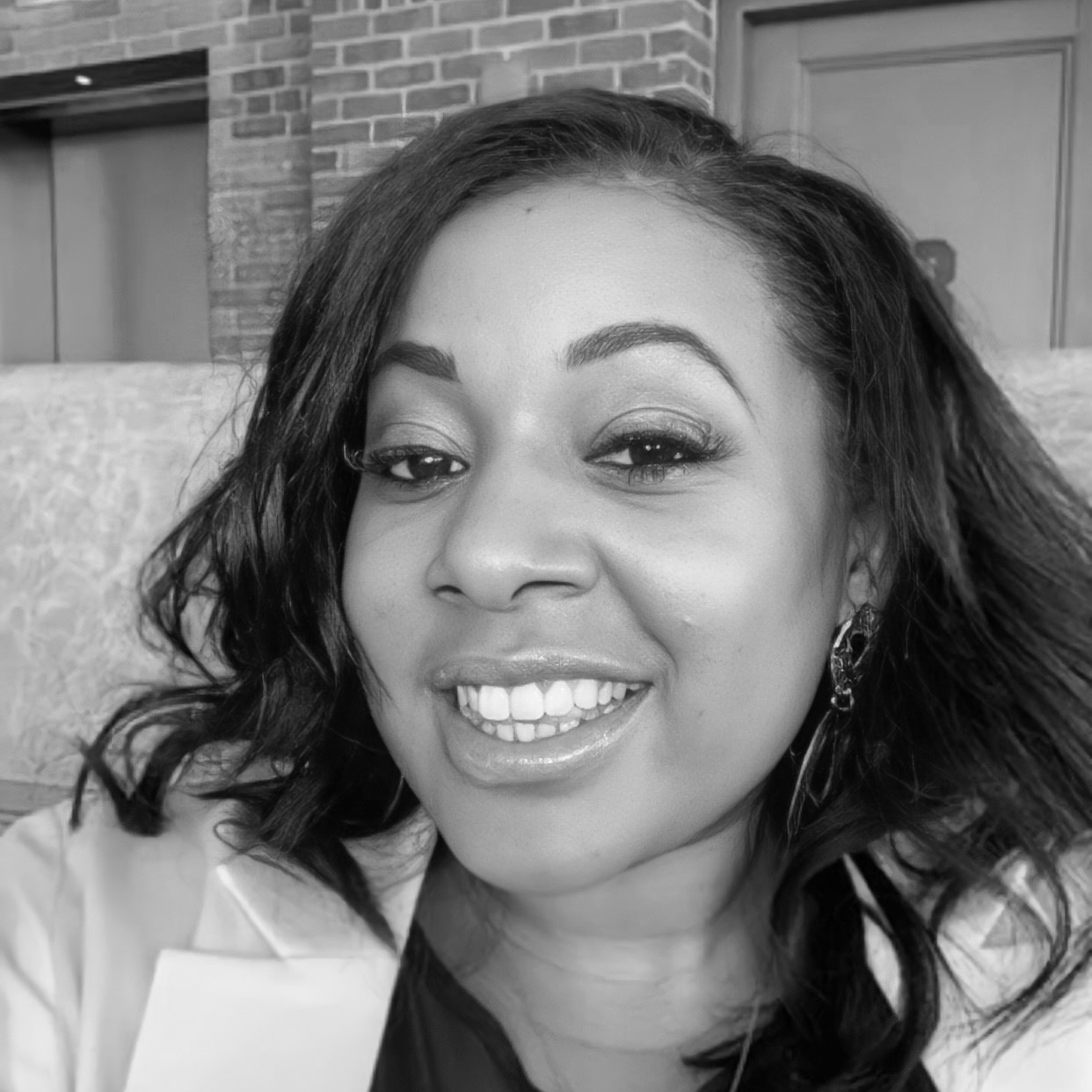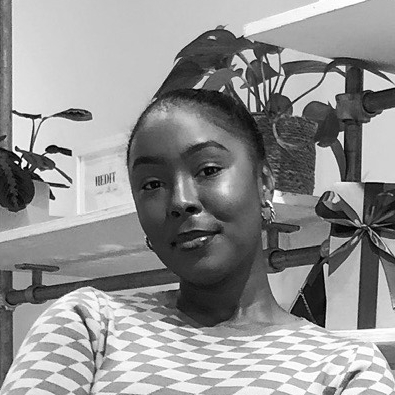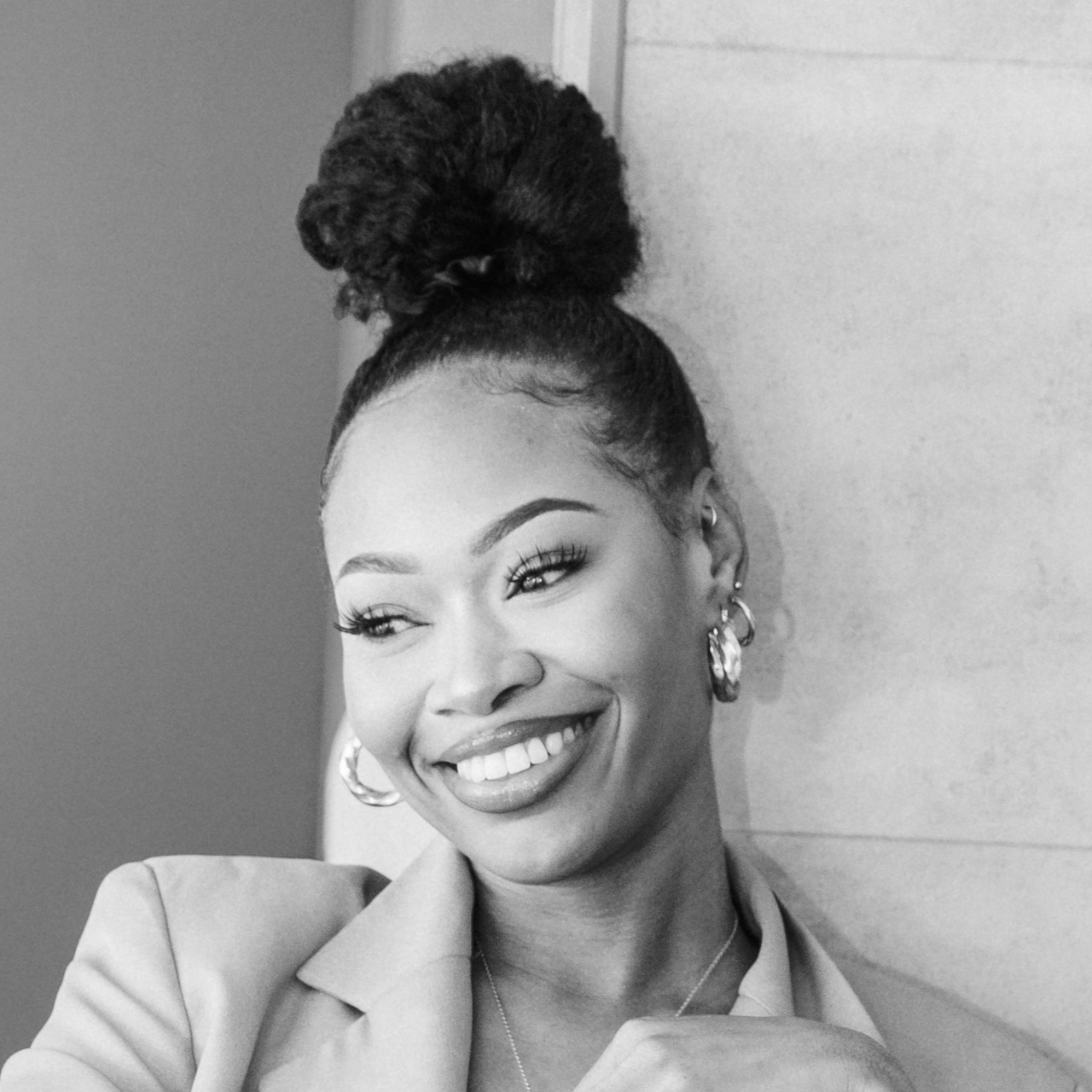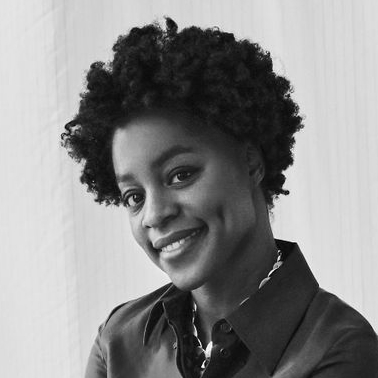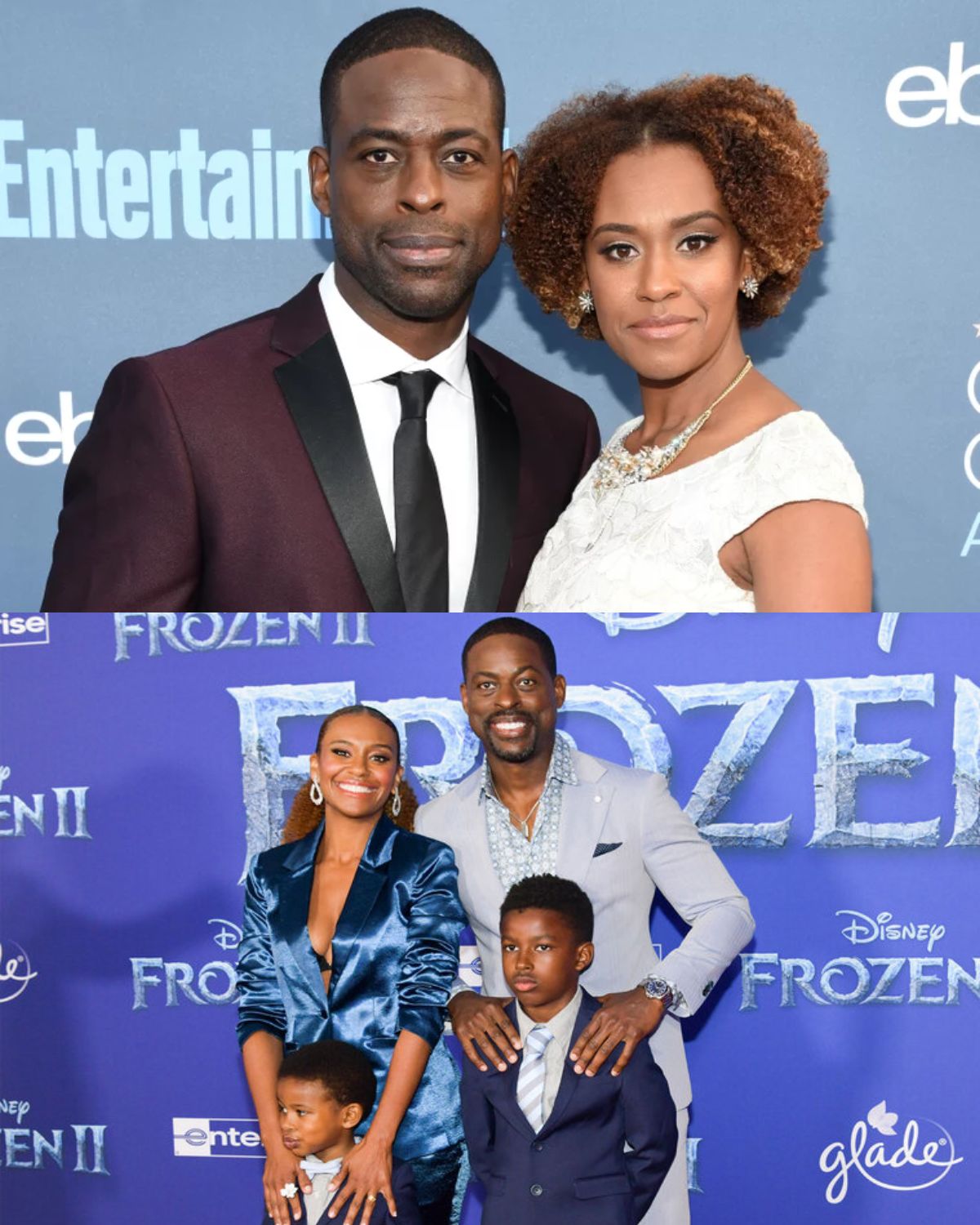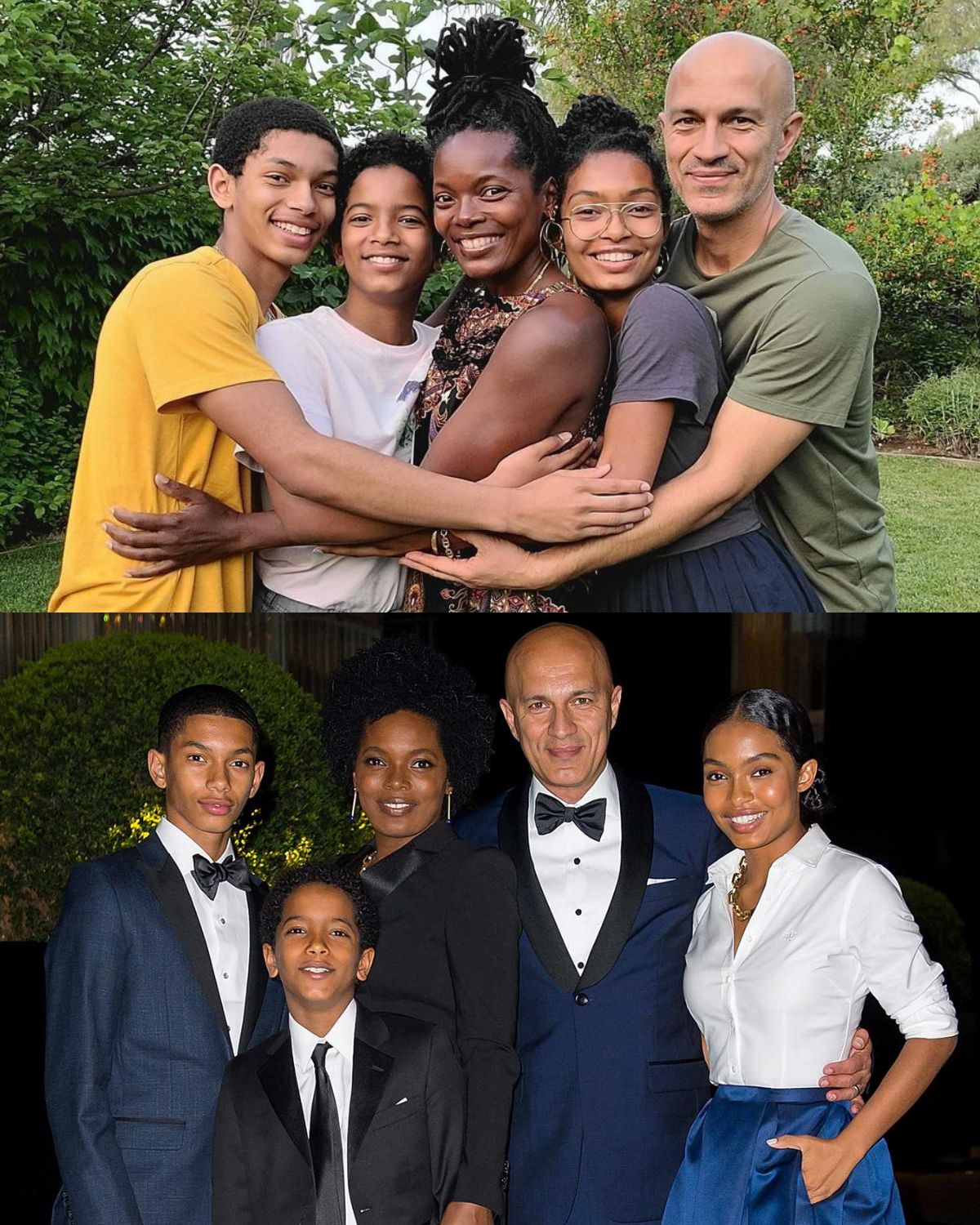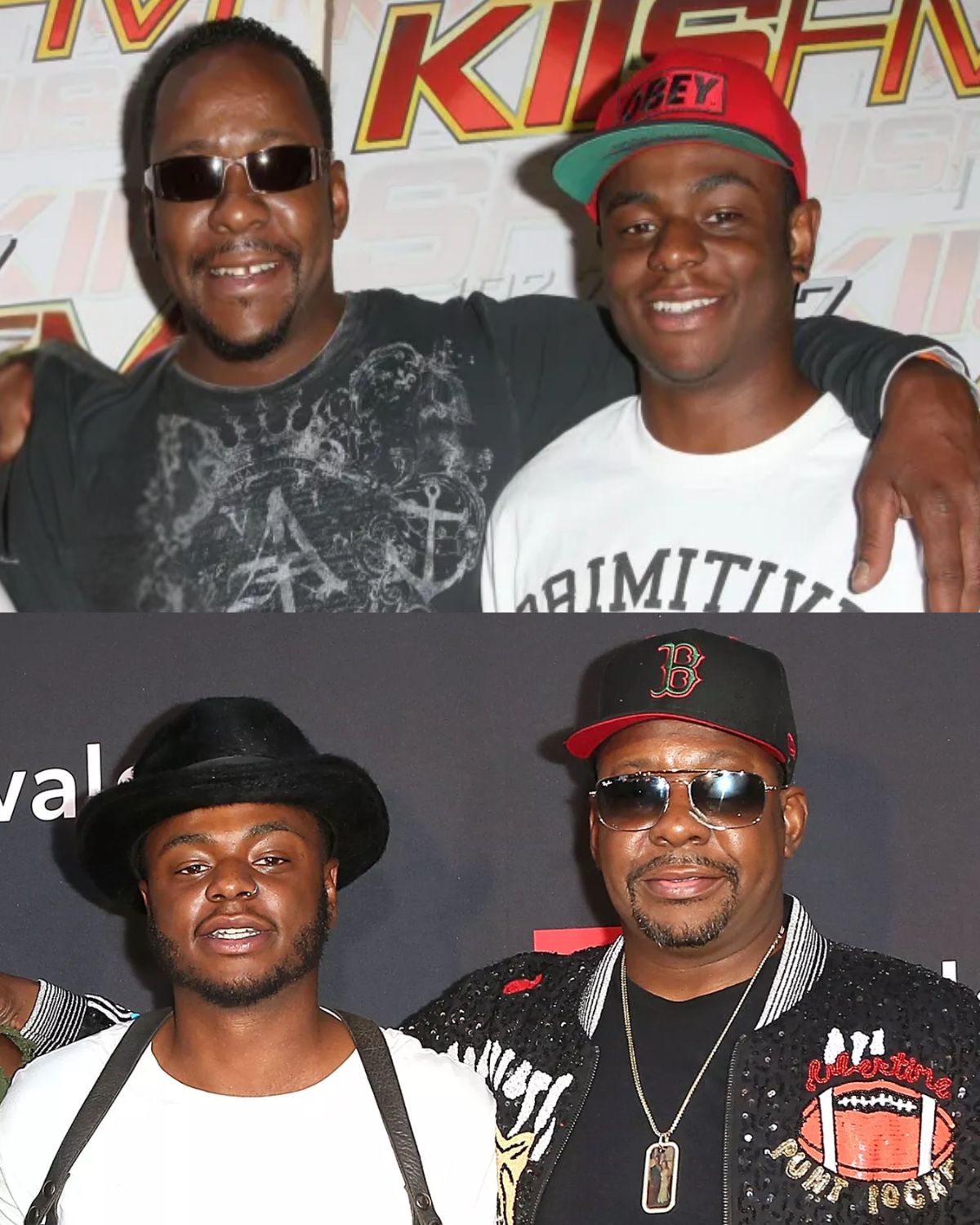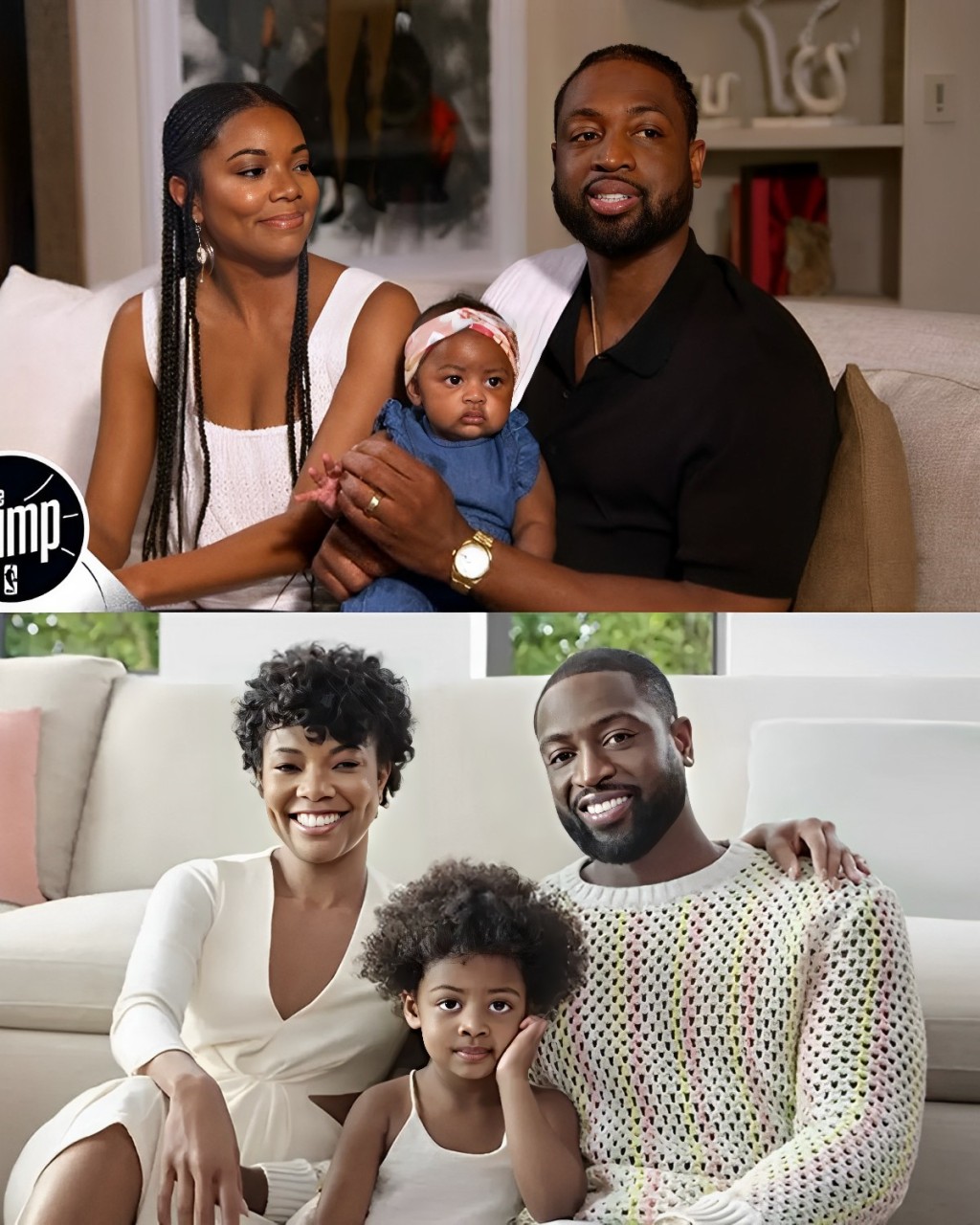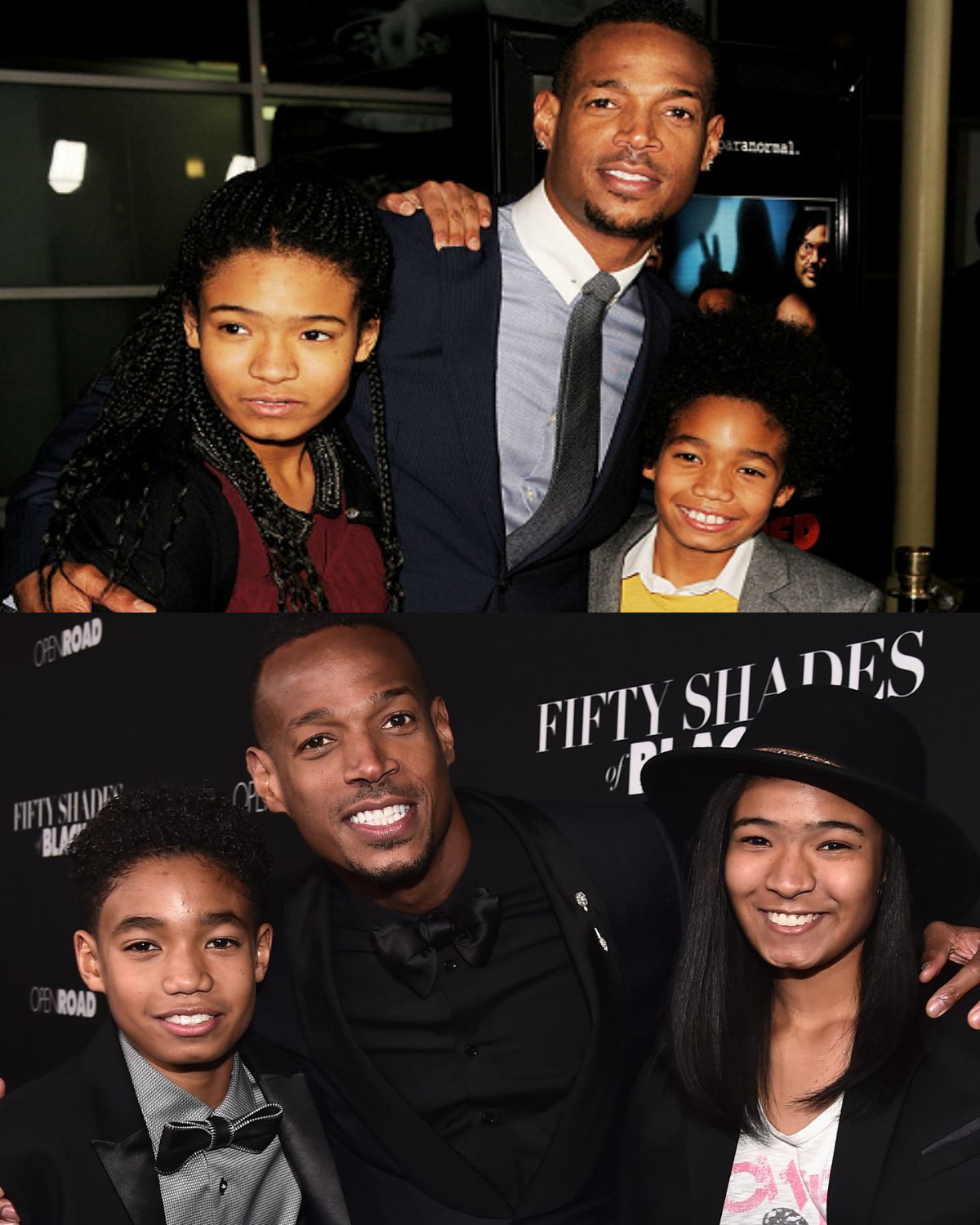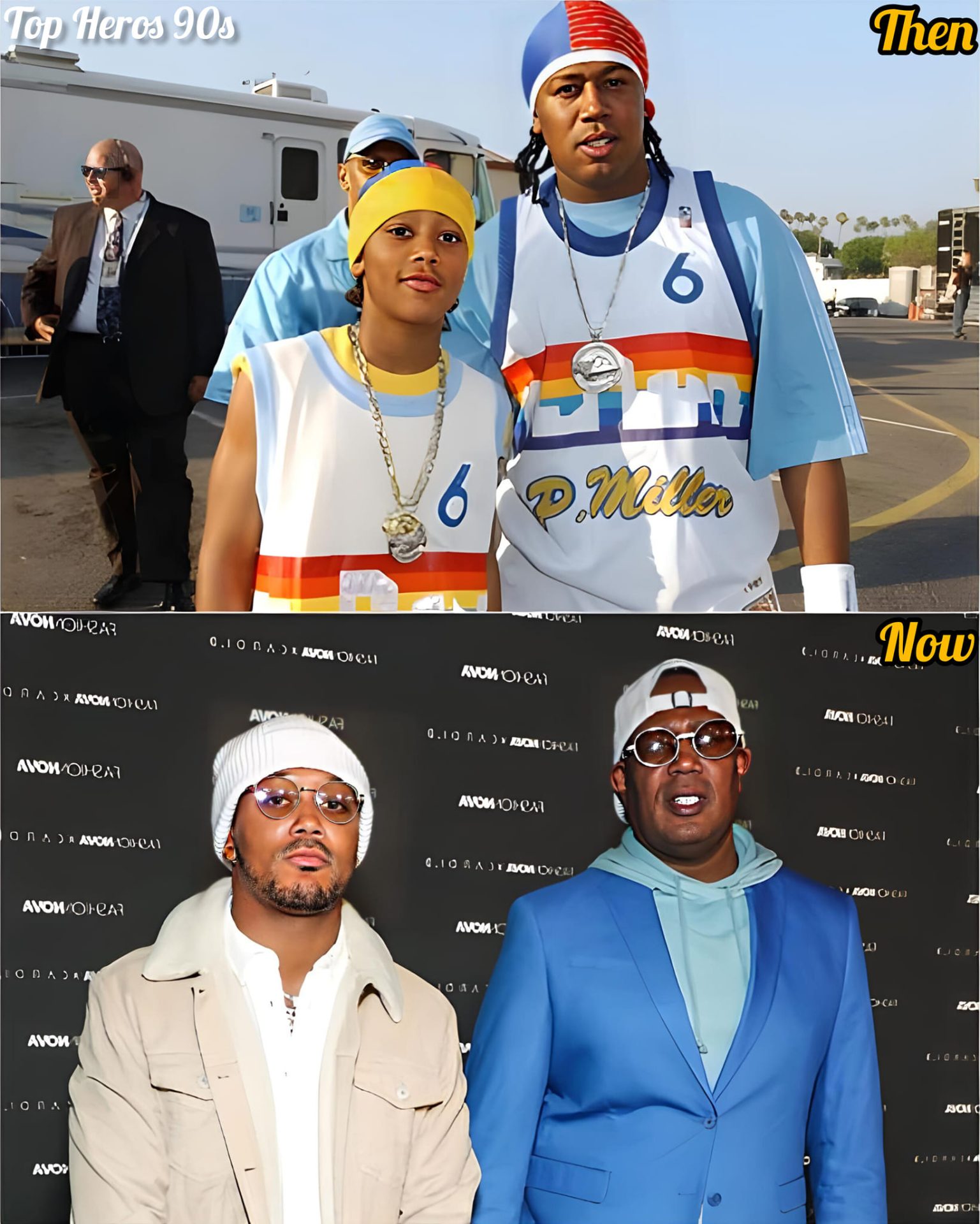Every year, we choose to celebrate women and non-binary identifying individuals for International Women’s Day and we celebrate all the beautiful things about them, remembering their strength, resilience, courage and all the things that they’ve done to break ceilings and doors.
Interestingly, when the intersection itself is not so binary – whether it be age, 𝓈ℯ𝓍, ability, socioeconomic backgrounds – there are still heavy factors that contribute to the progression of all women.
As a Black woman in business and in advertising I’ve been privy to a lot of the things we often see or hear spoken about: the only one in the room due to the lack of representation across the board in clients and other organisations; having to explain Black culture unapologetically because, in fact, popular culture is Black culture yet mainstream audiences fail to always understand that; sometimes feeling isolated because I know that being a Black woman still feels tokenistic in certain spaces.
I get so excited when I find or see brands that speak to me, that are doing things differently and not afraid to speak to the audience and directly allow them to exist in their fullest forms.
I didn’t grow up that way, never saw roles of successful Black women in tech and advertising, honestly didn’t even know what those things were, never saw my hair or skin products that were made for my skin and hair sold by people who also looked like me.
It just wasn’t there where I was, I couldn’t go to our local Tesco or Sainsbury’s to get all the spices I needed or the hair products I used. Everything felt like a puzzle. I knew where the pieces were but couldn’t quite piece it together.
Why did I have to travel so far and dig so deep for things I thought were normal? So, inspired by this year’s International Women’s Day, I am highlighting some Black women who are breaking barriers, doing things differently, speaking boldly and doing it with pure grace.
I spoke to Seyi Alawode, founder and managing director of CHL, a marketing resource hub for young founders and creators; Charlotte Mair, founder and managing director of The Fitting Room, a cultural marketing company; Jhenelle Green, co-founder of &POCA, a condiments business that produces Scotch Bonnett chilli jams; Jamelia Donaldson, founder of TreasureTress, a hair products company; and Tahlia Gray, founder of Sheer Chemistry, maker of tights.
As you read on about these incredible women, I want you to reflect on the current state of our industry with a positive outlook. There’s work to be done, but we’ve done really well and we should shout about that.
Although there are only five women here, there are so many others doing things differently and coming up against barriers but doing it any way – like many of us.
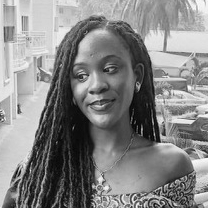
Seyi Alawode
Founder and managing director, CHL
How much does marketing play in your business, whether that be through promotion, your own specific services or education?
I began my marketing career seven years ago when I was still in sixth form. Marketing is everything and everything is marketing, in my opinion.
We’ve pivoted drastically from purely B2B, to more of a B2B2C model. While our “why” hasn’t changed, our model has – a bit. We’ve gone from “CHL the youth marketing agency” to “CHL the marketing resource hub for young founders and creators”. This required us to ease down on most (if not all) long-term agency-client relationships, from big dogs like Spotify and the GLA, to growing tech start-ups like Faaji App.We also recently set up shop in Nigeria, where the opportunity has been amazing – however, this means we’ve been marketing so shamelessly recently. B2B models give you the luxury of being able to get new business without really having to “mark” yourself too much or put yourself out there – your portfolio and network usually speak for you.
Consumer-facing models, though, are so humbling in my experience. It’s a super-vulnerable position to be in, as I’m used to “hiding my business away”, but I wouldn’t have it any other way at the moment.
Agency experience has allowed us to build a sales funnel for our soon-to-launch products. I believe marketers make great business owners. So if you’re reading this, this is your sign to set up that thing!
Describe what embracing equity means to you and how others can learn to do it too?
I feel like embracing equity is the simplest thing. We tend to over-complicate diversity and inclusion in this industry, when it really just boils down to not being a shitty person and knowing there’s room for more people at the top, rather than just you.
So to me, equity means recognition of one’s innate privilege and using that to give back to something meaningful, to make the world a little more balanced. Balance – that’s the key word. We need so much more of that.
Charlotte Mair
Founder and managing director, The Fitting Room
How has your work impacted your everyday life and what is your number one piece of advice?
I’m obsessed with culture and how we communicate and The Fitting Room really is an extension of that. My mum jokes that all the teen magazines that I read when I was growing up have helped to shape TFR and it’s true.
We have two internal mantras: “Don’t Forget to Live” and “‘Don’t Forget to Learn” – simply because that is the ongoing advice I would give to anyone. So, we’ve made it part of our DNA and encourage the team to embody that in their lives, both professionally and personally.
Have you seen an improvement in how people view Black women business owners and their worth?
I don’t think it’s about how people view us, it’s about us knowing who we are and what we can do. The growth of Black women into senior roles in the US, and the incredible global brands built by talent like Rihanna, have empowered a whole generation and you can see that by the fact Black women are now paving the way in entrepreneurship, globally.
How much of a part does marketing play in your business, whether that be through promotion, your own specific services, or education?
Over the past year, we’ve really started to focus on what we’re putting out externally as an agency and interrogating it to make sure it wholly aligns to who we are. Prior to lockdown we didn’t even have a website, just a holding page – but we had an incredible volume of referral, so it wasn’t a priority. Now our marketing is intentional.
Different people in the agency own different parts of the stories we tell and channels we communicate on – this helps us keep our cultural lens varied.
A few years ago, we trademarked our pillars, hype, demand and legacy, and they are our north star with how we communicate.
Describe what embracing equity means to you and how others can learn to do it too?
To me equity begins long before we enter the workplace, and far too much emphasis is put on it later in life. It starts in primary school – it starts with the environment that you are raised in.
For a long time I didn’t have braids. Why? Because I was made to take them out at school because I was told they weren’t suitable (there was only me and one other Black girl in our year). It wasn’t fair, but that moment is one of the defining moments in my life that has fuelled me to make sure that everyone at TFR is encouraged to be their best selves and live their lives.
Jhenelle Green
Co-founder, &POCA
How has your work impacted your everyday life and what would be your number one piece of advice?
I’d say since launching &POCA, it’s certainly been a balancing act that can be a challenge at times as I juggle full-time work and personal life. All while making sure I create some time to rest. As a result of this, I’ve become more intentional with my time and how I spend it. If I were to share one piece of advice, that would be to not compare yourself to other people, as we’re all at different phases of our lives – just remain consistent with your short-term goals as the small wins will lead you towards achieving your vision.
Have you seen an improvement in how people view Black women business owners and their worth?
Since the Black Lives Matter movement, I’ve seen some improvements, although we still have a long way to go and it seems as though momentum has slowed down, but there are still conversations happening. I do think the more we see representation of successful Black women across different types of businesses, this may foster belief and lead the way for others.
Describe what embracing equity means to you and how others can learn to do it too?
Having launched a premium condiments brand that is typically within a white artisan food space, we are often one of a handful of Black-owned brands, which is usually noticeable at trade shows and events. While this may be the case, I think it’s important to be and feel seen and acknowledged and not be held back by what we look like, our gender, socioeconomic background and so on. The less we focus on these things, the more we will have the confidence to show up and be our whole selves in every room we walk into.
Jamelia Donaldson
Founder, TreasureTress
How has your work impacted your everyday life and what would be your number one piece of advice?
My work has transformed my life in so many ways. Most importantly, it has been a catalyst for my personal growth, development and life journey. Business has a way of maturing you, addressing your ego, building your confidence; it’s truly transformational.
Secondly, I truly believe I’m living in alignment with purpose. Since I was four, I’ve been playing around with hair and fascinated with beauty standards. To be making women feel beautiful, embracing their natural hair and truly having fun with beauty, truly fills me up! I believe your passion will always lead you to your purpose.
Have you seen an improvement in how people view Black women business owners and their worth?
In the US – yes. We’re seeing the 𝐛𝐢𝐫𝐭𝐡, funding and growth of incredible brands such as Topicals and Slutty Vegan taking every industry by storm. With strong founders, and solid ecosystems to support them. In the UK – no. Still overlooked, still underfunded. I wish I had a more positive answer.
How much of a part does marketing play in your business, whether that be through promotion, your own specific services, education?
We market TreasureTress without knowing that we’re marketing TreasureTress. We connect and cut through to our consumers in a unique way through online conversations, offline experiences and creating safe spaces. To us, we’re community-building, organising events/experiences that we seek ourselves and building relationships with our customers – by definition and theory, we are marketing, but in untraditional ways.
Describe what embracing equity means to you and how others can learn to do it too?
Embracing equity means intentionally reaching out beyond your immediate network, to those doing important work yet lacking the visibility that you may have. It looks like using your platform to amplify those yet to be discovered, and offering private mentorship, guidance and making meaningful introductions.It looks like using your privilege and influence for greater good, without fear of your space being taken. Understanding there is space for all of us, and creating space for those who have been historically excluded.
Tahlia Gray
Founder, Sheer Chemistry
How has your work impacted your everyday life and what would be your number one piece of advice?
Everyday a pair of Sheer Chemistry tights arrives through the door of an individual that needs it for themselves or they are picked up from a John Lewis or Waitrose store. For many, it’s the first time they’ve received or tried on a pair of “nude” tights that truly match their skin tone. For some, it’s a product they’ve searched for for decades – from school uniform requirements, to ballet class as a 𝘤𝘩𝘪𝘭𝘥, their first job and social events – but throughout this time, it has been a product that has remained absent from mainstream shelves.
The impact of my work has been to shift what representation looks like and remind myself of the value of being seen. Like Rihanna’s Fenty Beauty, it highlights the importance for Black creators to be part of the conversation around diversity and ensure that we take an active role in creating solutions. Products made for us, by us, are an important part of mainstream offerings.
My advice is to believe “the world needs what you’ve got!”. We must continue taking up space and providing products/services that we wish we had growing up. Our voice, unique perspective and s𝓀𝒾𝓁𝓁s are needed in effecting positive change and moving towards greater equity.
Have you seen an improvement in how people view Black women business owners and their worth?
Before 2020, many of the conversations I had with some of the UK’s leading high street retailers ended with something that equated to: “Great brand – but there’s no demand for your product.”
The tragic murder of George Floyd in 2020, was a real watershed moment that resulted in a mass awakening and increased awareness of the importance of and value of catering to underserved markets and the role Black business owners play in ensuring that products and services help reflect the people, culture and needs of our diverse society.
For us, retail opportunities really opened up, which led to our launch in John Lewis in November 2020, and subsequent Waitrose launch in 2021. There has also been an improvement in the provision of business support for Black women in business. I have had the privilege of being part of the creation of Black Business Incubator, powered by Somerset House and Black Mentor Business, The DLA Piper Accelerator programme, providing me with 12-months pro-bono legal support and Pinterest’s Black Gold Programme, all of which have allowed me to continue to expand my s𝓀𝒾𝓁𝓁 set and network, which has led to positive business growth.
How much of a part does marketing play in your business, whether that be through promotion, your own specific services, education?
Marketing plays a huge part in fuelling brand awareness and business growth. Firstly, there’s a big educational piece to inform our community that “nude” hosiery products made for them now exist. Often this is not a product people are looking for because it’s never been available and so we need marketing to help us enter their consciousness. In terms of building brand awareness, social media is the main channel we use, which is great in allowing us to spread our message across specific demographic groups.
Placement of our products is also key. There is a perception that within the UK, diversity only exists in London. As a Nottingham-based business, it has always been our aim to ensure accessibility across the UK regions, which is why when we partnered with John Lewis and Waitrose; we wanted our distribution to reflect this.
Describe what embracing equity means to you and how others can learn to do it too?
Embracing equity means having access to products in mainstream spaces that have been made with you in mind. It means when I go to buy anything “nude”, there are brown shades available, and ensuring representation and inclusivity exist across all product categories.
For the industry, this may mean inviting diverse voices and diverse business owners to be part of buying and procurement processes to ensure everyone has equal opportunity. It also means taking time to understand the problem that we are solving and the business opportunity it represents. After all, people of colour equate to £4.5bn in untapped opportunity and it’s only going to continue growing.
